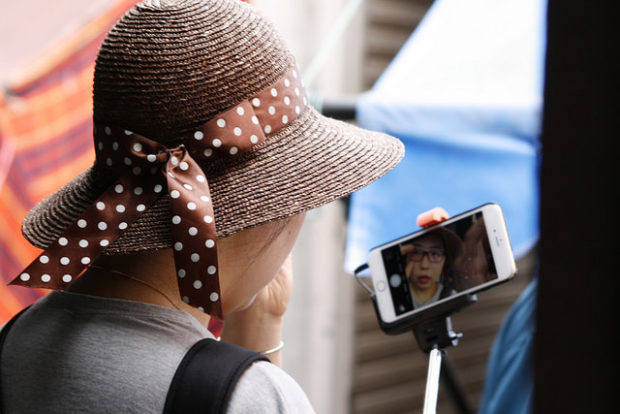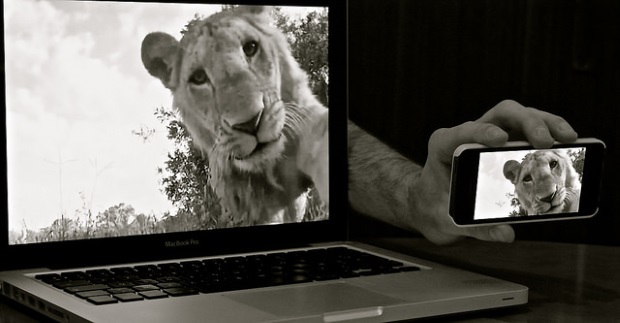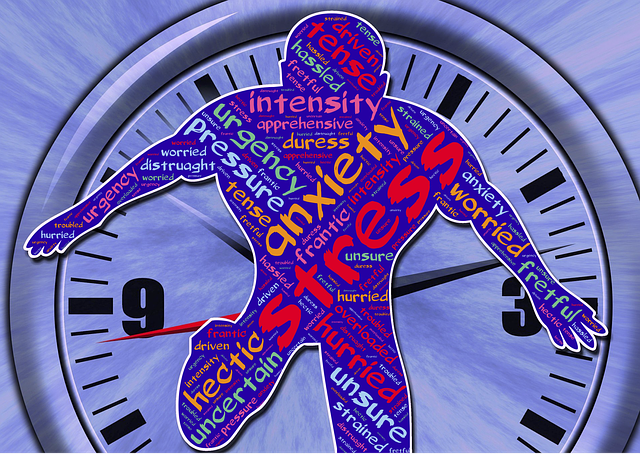Are You Addicted To Selfies? Take The Quiz!

‘Tis the season of the selfie. Now more than any other time during the year, there are endless irresistible selfie ops. But when is enough too much? Are you becoming addicted to selfies?
Recently, the American Psychiatric Association actually confirmed that taking selfies is a mental disorder, going as far as to term the condition “selfitis.” The APA defines it as: “the obsessive compulsive desire to take photos of one’s self and post them on social media as a way to make up for the lack of self-esteem and to fill a gap in intimacy.”
Dr. Sanam Hafeez, NYC Clinical Psychologist
Dr. Hafeez says that, “selfies may be are an outward expression of a person’s existing self-esteem issues or feelings that they are not good enough. Some people who post selfies are seeking attention, positive feedback and social validation. Certain insecurities make them vulnerable and lead them to rely too heavily on the response of others.” Dr. Hafeez says that, “selfies could be toxic for people with a more serious mental illness like body dysmorphia, which in extreme cases can lead to suicide. Somebody with body dysmorphia, no matter how good they look and no matter how many people tell them, they don’t hear it, it doesn’t matter. A selfie addict does kind of the same thing as they seek to perfect their pictures, getting just the right angle, the pose, the right lighting.”

Selfies lead to an increase in plastic surgery.
A follow-up study of 2014 data stated that the “surge in self-awareness and an increase in requests for aesthetic procedures (especially in the under 30 set) sired by ‘selfies’ shows no sign of declining.” Dr. John Zannis, a New Bern, North Carolina board certified plastic surgeon explains that the selfie craze can propel people toward plastic surgery because, “the nose looks bigger in close-ups. All selfies are close-ups, so people immediately notice their nose.”
As a plastic surgeon, Dr. Zannis spends time talking with patients to ascertain if their aesthetic concerns are real or imagined. The patients who are spurred to plastic surgery by selfies will often point out their flaws in each selfie, which raises a red flag for Dr. Zannis. Sometimes Dr. Zannis will refuse to perform surgery on a patient with excessive selfies if he believes it is not a real image of what they actually look like in person.
Dr. Hafeez suggests keeping a selfie journal for a week and writing down how you’re feeling and what you’re doing when you want to take a selfie. This will help you evaluate whether you are overusing selfies to self-medicate bad moods or anxiety, trying to satisfy the need for social connection, or just avoiding getting your work done.
Are You Addicted To Selfies? Take the Quiz!
Answer Yes or No
* Do you often spend more time taking selfies than you meant to?
* Would you find it very difficult to make it through a day without taking a selfie?
* Do you spend a lot of time thinking about selfies or planning how you will take selfies?
* Do you feel an urge to take selfies more and more?
* Are you taking and posting selfies in order to forget about or avoid doing other things?
* Have you tried to cut down on the amount of selfies you take without success?
* When you post a new selfie, are you very disappointed if no one comments on it?
* Do you take selfies so much that it has had a negative impact on your relationships, job or studies?
* Do you imagine everything you do as a selfie?
* Does posting selfies makes you feel more important?
If you answer yes to 2- 4:
It’s time to step back and evaluate your use of selfies.
If you answered yes to over 4:
It’s no longer about selfies. Overuse of selfies (or any form of social media) may mean you are using short-term gratification at the expense of more important goals.

For more information on Dr. John Zannis visit http://www.zannisplasticsurgery.com/plastic-surgeon-new-bern-nc/
For more information on Dr. Sanam Hafeez visit http://comprehendthemind.com/about-us/
Image credits.




